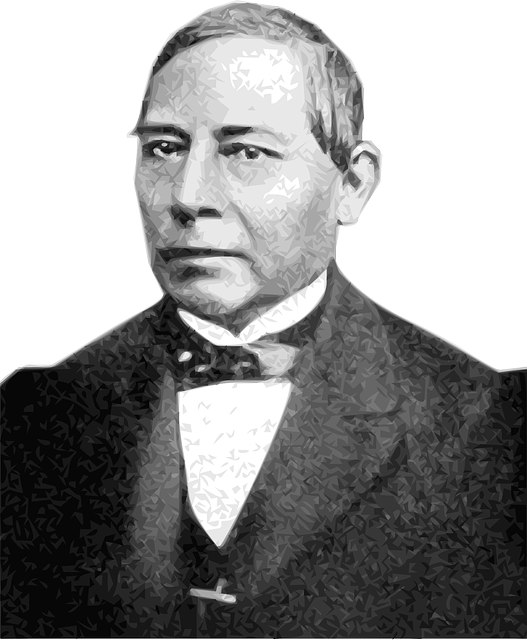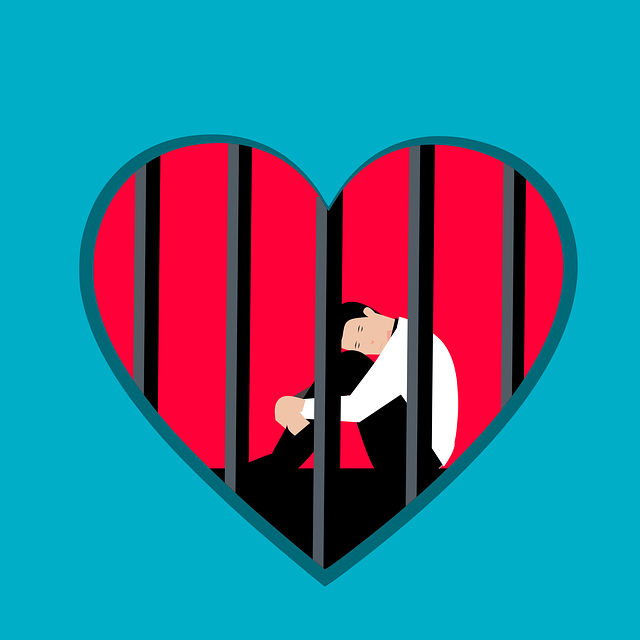High-risk reoffenders face societal stigma and harsh sentencing due to factors like criminal history and social deprivation, driving recidivism. Traditional punishment methods fall short in addressing underlying issues. Community Service as Punishment (CSP) offers a restorative alternative, focusing on community-based sanctions with accountability, support systems, and personal growth opportunities. By engaging offenders in tasks like public space cleaning, mentoring at-risk youth, or assisting shelters, CSP breaks the cycle of recidivism through meaningful community work. Success is measured by reduced recidivism rates, improved employability, enhanced social relationships, and higher quality of life for participants and their communities.
Incarceration for reoffenders often perpetuates a cycle of crime, highlighting the need for innovative solutions. This article explores an alternative approach: using community service as punishment for high-risk reoffenders. We delve into the factors and challenges that contribute to recidivism and present strategies to break the cycle. By implementing effective programs and measuring success over time, we can foster rehabilitation and reduce future offenses, ultimately transforming lives and communities through community service as a powerful tool for change.
- Understanding High-Risk Reoffenders: Factors and Challenges
- Community Service as an Alternative Approach
- Implementing Effective Programs and Strategies
- Measuring Success and Long-Term Impact
Understanding High-Risk Reoffenders: Factors and Challenges

High-risk reoffenders are individuals who, due to a variety of factors, are predicted to commit further crimes. Understanding these factors is crucial for developing effective strategies to break the cycle of reoffending. Several key elements contribute to this risk profile, including prior criminal history, age at first offense, and involvement in violent or serious offenses. Additionally, social and economic factors such as poverty, lack of education, and limited access to employment opportunities can significantly increase the likelihood of recidivism.
Challenges in addressing high-risk reoffenders are multifaceted. One significant hurdle is the perception that these individuals are beyond redemption. This stigma often leads to harsher sentencing, including lengthy prison terms or mandatory minimums, which can impede their chance for rehabilitation. Moreover, traditional punishment approaches like incarceration may not effectively address the underlying causes of criminal behavior. Community Service as Punishment (CSP) emerges as an alternative, focusing on community-based sanctions that involve active participation in restorative activities, such as volunteering, education programs, and job training. CSP aims to break the cycle by providing support systems, promoting accountability, and offering opportunities for personal growth within a community setting.
Community Service as an Alternative Approach

In the pursuit of breaking the cycle of reoffending, an alternative approach that has garnered attention is community service as a form of punishment. This concept shifts the focus from traditional incarceration to involving offenders in their communities, offering them a chance at redemption and skill development. By assigning community service sentences, courts can provide a more restorative justice system, where individuals contribute to the well-being of their communities while learning valuable lessons.
Community service as punishment empowers offenders to give back, fostering a sense of responsibility and accountability. It allows them to see the direct impact of their actions, whether it’s cleaning up public spaces, assisting at local shelters, or mentoring at-risk youth. This hands-on experience can be transformative, helping high-risk reoffenders develop new perspectives and acquire valuable skills that may otherwise be lacking in their lives.
Implementing Effective Programs and Strategies

Breaking the cycle of reoffending requires a multifaceted approach, and one powerful tool in this arsenal is community service as punishment. By involving offenders in meaningful community work, society can foster a sense of accountability while also offering support and guidance. Well-structured programs that include mentorship, education, and skill-building workshops have proven to reduce recidivism rates significantly. These initiatives not only address the root causes of criminal behavior but also equip individuals with new perspectives and valuable skills, increasing their chances of successful reintegration into society.
Effective strategies often emphasize the importance of community engagement and collaboration. Local businesses, schools, and non-profit organizations can play a crucial role in providing opportunities for community service, fostering a sense of ownership and responsibility among participants. Tailoring these programs to address specific needs within the community ensures that the work performed has genuine impact and value, potentially reducing the likelihood of future criminal behavior.
Measuring Success and Long-Term Impact

Measuring success in breaking the cycle of high-risk reoffenders involves looking beyond immediate outcomes and assessing long-term impact. While traditional punishment methods often focus on incarceration, Community Service as Punishment (CSP) offers a different approach. CSP aims to hold offenders accountable while also providing them with opportunities for personal growth and integration back into society. By participating in community service projects, individuals can develop new skills, gain valuable experiences, and foster positive connections within their communities.
The true measure of success lies not just in reduced recidivism rates but in the transformative journey of each individual. Long-term impact includes improved employability, enhanced social relationships, and a higher quality of life for both the participants and their communities. By addressing underlying issues such as poverty, lack of education, or mental health struggles through comprehensive support systems, CSP has the potential to disrupt the cycle of reoffending and create lasting positive change.
Breaking the cycle of reoffending among high-risk individuals is a complex task, but community service emerges as a powerful alternative to traditional punishment. By implementing well-structured programs, we can empower at-risk offenders with new perspectives and skills while contributing positively to their communities. Measuring the success of these initiatives over the long term is essential, demonstrating their impact on both individual lives and societal welfare. Through innovative strategies and a focus on community service as a form of punishment, we can foster rehabilitation and reduce recidivism rates effectively.






